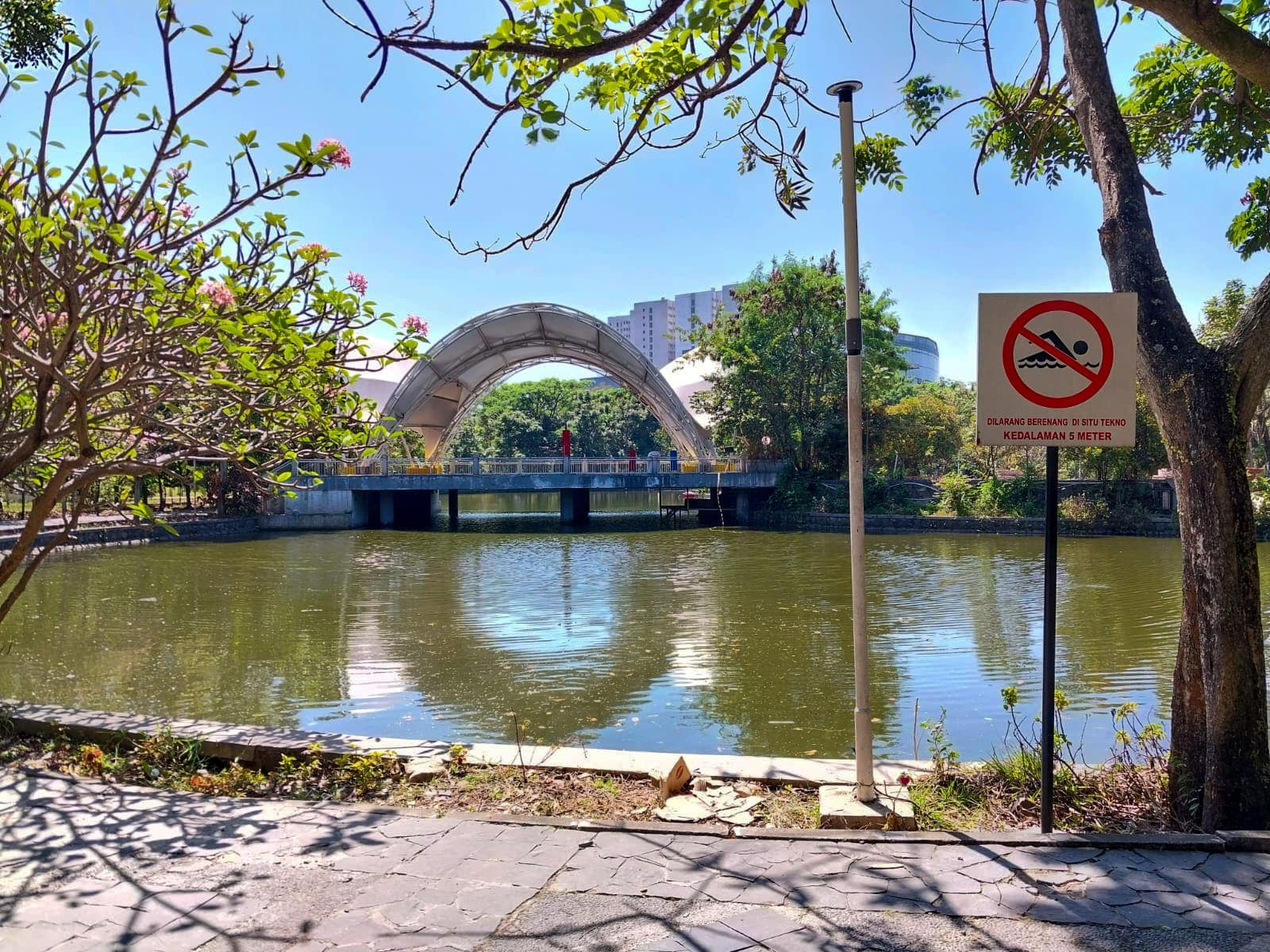Sustainable Water Management at Telkom University: Regular Monitoring and Responsible Usage
Whole-University Measurement: Comprehensive Monitoring of Water Usage To ensure accuracy and sustainability, Telkom University implements a whole-university measurement system for water usage. Every m...

Whole-University Measurement: Comprehensive Monitoring of Water Usage
To ensure accuracy and sustainability, Telkom University implements a whole-university measurement system for water usage. Every month, the water volume extracted from each artesian well is measured based on meter readings installed at the production sites. These readings are then compiled to calculate the total water consumption across the entire campus.
According to Telkom University’s 2024 sustainability data, the average annual water consumption reached 243,158 cubic meters, all sourced from its artesian wells. This measurement reflects the total amount of water used by the university community, covering all academic and residential facilities.
Water extracted from the wells is first pumped into a central pumping station, then distributed to building storage tanks (torrents). From these tanks, clean water flows to campus facilities such as classrooms, offices, dormitories, and laboratories. The integration of this measurement process allows the university to maintain precise control over its total water usage, ensuring that no resource is wasted.
Partial Measurement: Adaptive Control for Efficient Water Use
In addition to full-campus monitoring, Telkom University conducts partial measurements to adjust daily well operations according to fluctuating water demands. Each production well’s output is tracked daily, enabling operational flexibility based on campus activity levels.
During periods of lower demand such as weekends or semester breaks selected wells are temporarily deactivated to reduce unnecessary extraction. Conversely, on high-usage days, additional wells are activated to maintain steady water availability. This adaptive mechanism ensures both efficiency and sustainability in managing groundwater resources.
Regular maintenance and inspection are also performed at each well to prevent leakage, over-pumping, or contamination, safeguarding water quality and ecosystem balance within and around the campus area.
Conclusion
Telkom University’s structured and data-driven approach to water management highlights its commitment to environmental stewardship and sustainable operations. Through a combination of whole-university monitoring and partial operational control, the university successfully manages its water resources with precision and accountability.
By recording an annual water consumption of 243,158 m³ in 2024, Telkom University demonstrates transparency in environmental reporting and contributes actively to achieving SDG 6 (Clean Water and Sanitation). This comprehensive monitoring system ensures that the university community benefits from a reliable water supply today while preserving natural resources for future generations.